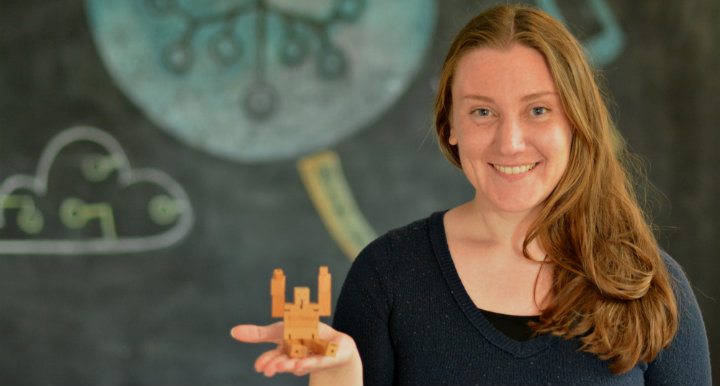The people of Burma will vote on Sunday — for the first time in 20 years — but domestic reporters are “prohibited from going within 50 metres of polling stations.” Free from international journalists and electoral observers — a decision favored by Chairman of the Election Commission Thein Soe — it’s believed these elections will mimic a democratic façade and be used as an attempt by the regime to legitimize its role.
Burma has been under military rule since 1962, as a result of the General Ne Win led coup that overthrew U Nu, the Burmese nationalist who became the country’s first Prime Minister. Since 1992, Burma — under umbrella control of the State Peace and Development Council — has been governed by Senor General Junta leader Than Shwe.
Though a laureate of the Nobel Peace Prize in 1991, political prisoner Aung San Suu Kyi’s National League for Democracy (NLD) party is not running in the election — according to her lawyer Nyan Win — Suu Kyi won’t vote. Though Suu Kyi was detained under house arrest before the electoral results surfaced, the NLD won the 1990s election by a landslide, but the military Junta nullified the results.
Since the NLD is not running in 2010, the next best bet is the National Democratic Force (NDF) party — led by Tin Shwe — which is made up of Suu Kyi supporters. However, the anticipated party of victory is the Union Solidarity Defense Party (USDP), the youth wing of the army.
The Burmese regime, no stranger to electoral fraud, is also no stranger to media censorship. Overwhelmed with repressive media laws, Burma scored 171/175 on Reporters Without Borders (RWB) Press Freedom Index of 2009. According to the Committee to Protect Journalists (CPJ), “with a military government that severely restricts Internet access and imprisons people for years for posting critical material, Burma is the worst place in the world to be a blogger.”
Elaine Pearson, Deputy Asia Director at Human Rights Watch (HRW), said these elections are “…being conducted in a climate of fear, intimidation, and resignation.” In continuing, according to HRW: “The ruling State Peace and Development Council tightened restrictions on foreign media, rejected all offers of international observers, and maintained tight controls on the freedoms of expression, assembly, and association.”
Both The Irrawaddy magazine and the Democratic Voice of Burma (DVB) — a non-profit Burmese media organization committed to responsible journalism — have been “the target of intense attacks which it is believed originated from the Burmese government.” According to Aye Chan Naing, Executive Director of the DVB: “We will defend our right to tell the truth no matter what methods they use to silence us. They will never succeed.”
In continuing with censorship and cyber attacks in Burma, vendors in Rangoon “have reportedly been told to block sales of unregistered SIM cards as the continued slowdown of Burma’s Internet compounds communication problems.” Is this a premeditated way to block journalists from spreading Sunday’s electoral news across borders? Very likely. The order targets unregistered mobile phones, and as a result of reduced Internet speeds, YouTube videos take hours to download.
Via 140 characters, @BurElection2010 and @burmaelection10 are keeping Twitterers updated with election information. The power of this social media outlet even has the attention of Suu Kyi, who wants to “start using Twitter when she is released from house arrest to communicate with people around the world.” Without a phone line or Internet access, Suu Kyi has been under house since years before the microblogging website was launched. Tweeting would “be a welcome change for the 65-year-old” — an amazing one indeed — and possibly introduce a social media revolution to Burma. In the meantime, follow the Aung San Suu Kyi page on Facebook.
To conclude with some social media flair, visit Burma 2010 Elections to virtually experience the elections via crowd sourced information, and expand upon where this screenshot photo came from.


